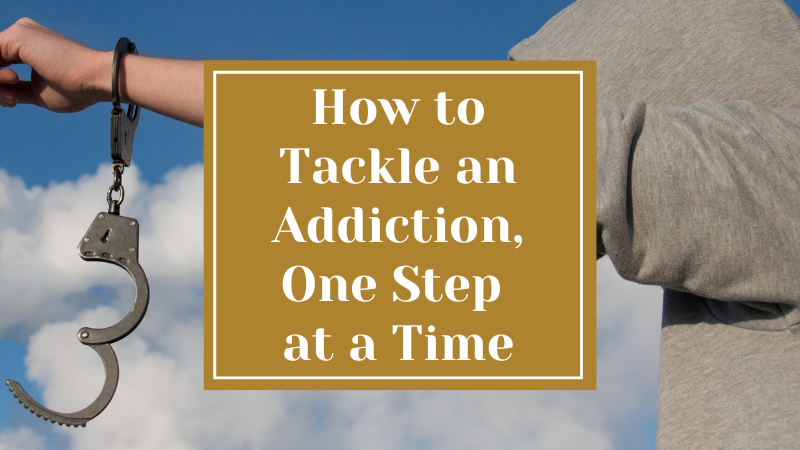Do you have a bad habit or addiction that you would like to change? Experts divide a person’s readiness for change into six groups:
- “I don’t want to change” (Precontemplation)
- “I might consider changing” (Contemplation)
- “I’m planning on how to change” (Preparation)
- “I’ve changed” (Making the break)
- “I don’t want to go back to the way I was ” (Maintenance)
- “I’m thoroughly changed” (Transformation)
Understanding one’s readiness greatly increases the chance for success and each stage requires a different approach. Be honest with yourself, where are you at in this stage? Do you know you have a bad habit, but don’t really want to change? Then no matter how many times you try to break that habit or addiction, it won’t really work. You have to actually want to change before you can change.
Self-awareness is one of the most important things when it comes to being able to break a bad habit or addiction. You need to not only be aware that your habit and addiction are bad but also what about you draws you to that habit and why you’d really want to consider changing it.
Let’s look over the different stages a little bit closer below:
In stage 1, before you are really ready to change, you might ask yourself, “If I were to stop, why would I? Common answers include “To save money.” “To be a better influence on my kids.” or “To be healthier.” Such “what if” questions plant the seeds for future change.
You may also ask yourself, “Why am I doing this? What is drawing me to this addiction or bad habit?” Many of us have bad habits that form as a result of our past. Is there something in your past that created a trigger for your habits? Identifying those triggers and reasons can help you down the path to breaking your bad habits.
In Stage 2, one is ready to think about change. Collecting all the facts is helpful at this stage. Comparing the gap between one’s principles and one’s actions can generate motivation.
In stage 3, when planning one’s strategy for change it is helpful to be inspired by others who have kicked your habit. Learning from your own previous attempts is also key. Let your friends know your plans and elicit help along the way. Create a rallying cry. For instance “This Christmas I will once again be a size 10!”
When you are ready to start a change, make sure you are prepared. Spur-of-the-moment action plans are unlikely to succeed. Set the stage for success by developing and sticking to your comprehensive plan.
Stage 5, the maintenance stage, requires vigilance. Overconfidence is the biggest cause of slipping up. For example, learn to celebrate in new ways — even if it means avoiding your previous drinking buddies. Like a boy scout, be prepared.
If you slip, get right back on your plan. Don’t get derailed for good. This doesn’t mean that you’ll always have to avoid your friends forever, but you should probably avoid them until you’ve successfully broken your habit to the point where it’s not so much a temptation anymore. This may take months or years depending on the person or addiction.
Tackling an addiction can be the most difficult obstacle one ever faces, but freedom, when one succeeds, is ever so sweet.
What advice do you have for tackling addictions? Share with us in the comments below!



